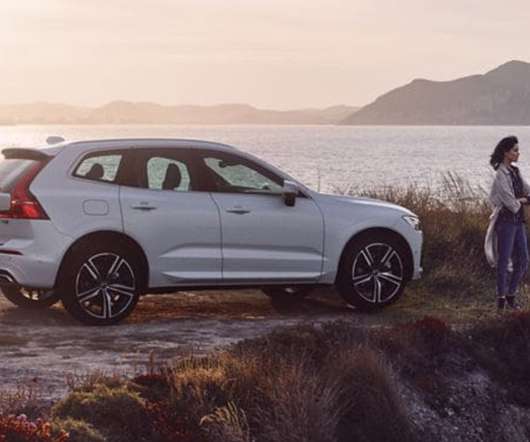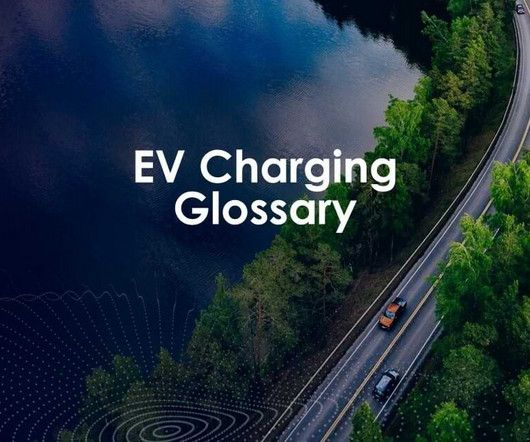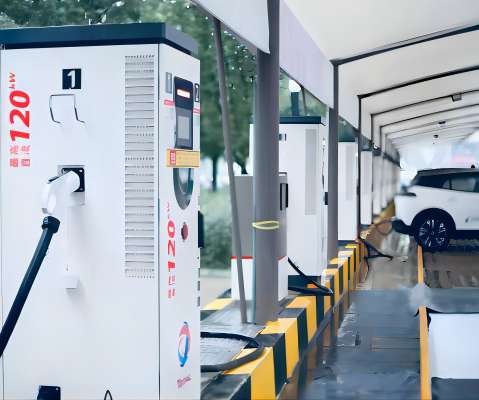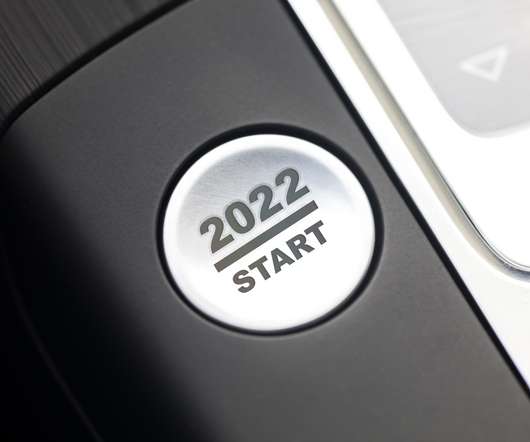In Europe, industry and environmentalists call for binding targets for infrastructure for zero-emission trucks
Green Car Congress
APRIL 15, 2021
Truck makers and environmentalists have joined forces to push for the deployment of 11,000 charging points for electric trucks across the EU by 2025, rising to 42,000 by 2030. The European Automobile Manufacturers’ Association (ACEA) and Transport & Environment (T&E) made this call to the European Commission in a joint letter.






















Let's personalize your content